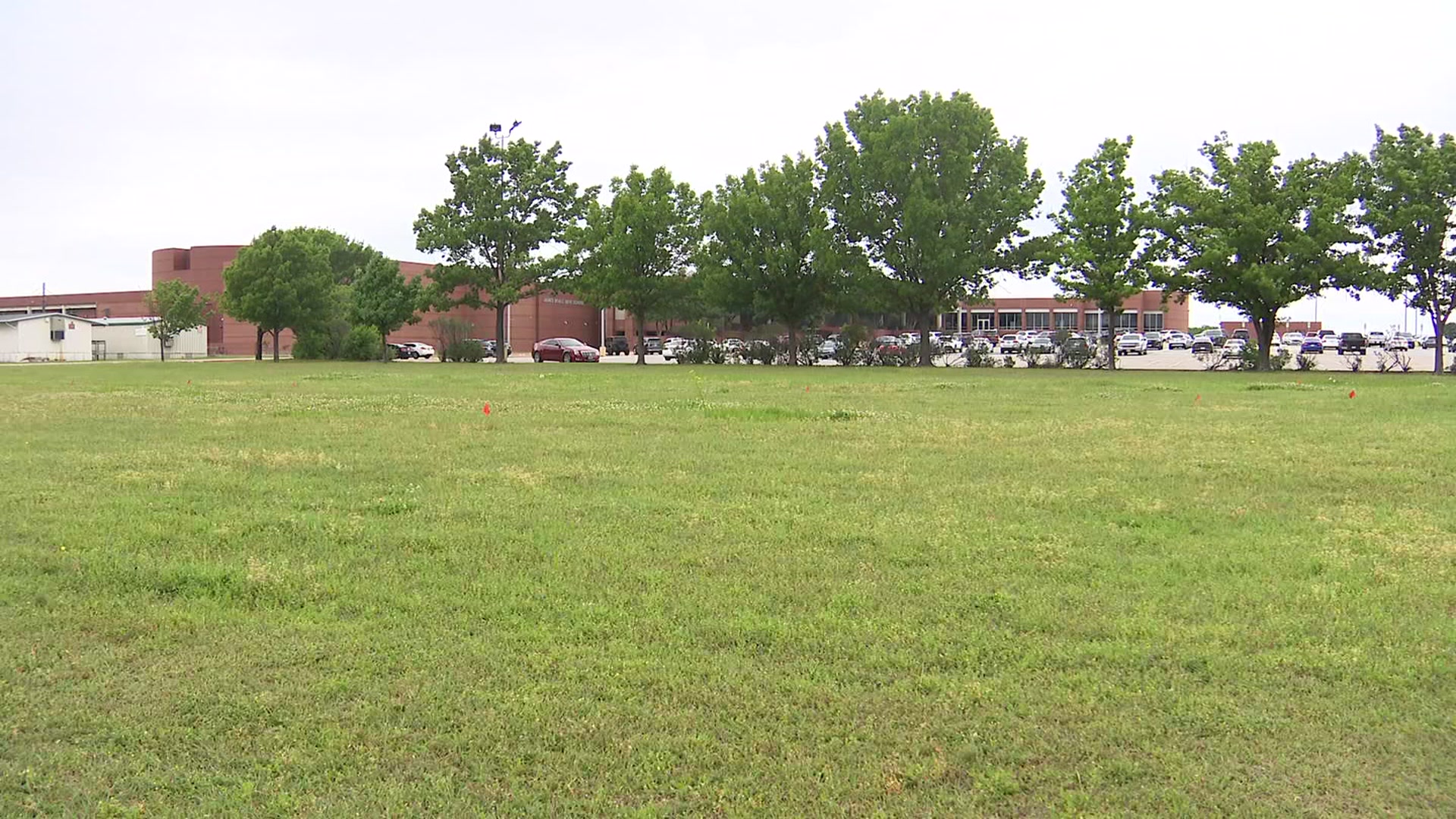Court officials in Central Texas are requesting more than $660,000 in state money to dramatically revamp the way the indigent are defended in court.
County commissioners voted unanimously Tuesday night to allow court officials to pursue funding for a Travis County Private Defender office. County leaders say a growing caseload is proving overwhelming for state and county judges who assign lawyers to cases, determine payment for legal counsel and conduct other related work.
The current system benefits less than 10 percent of attorneys eligible to represent the indigent. Those attorneys receive more cases than others and generate the largest compensation fees, according to an analysis by the Austin American-Statesman (http://bit.ly/1ioanU8).
About 25,000 annual cases involving poor defendants -- approximately 68 percent of whom are facing felony charges and 46 percent misdemeanors -- are meant to be evenly distributed among some 350 lawyers. The indigent defense program costs about $8.5 million.
Thirteen state and county judges assign defense lawyers to cases from a "wheel" system, so that they can be appointed evenly rather than at the courts' sole discretion.
But the review by the American-Statesman found that 50 out of 383 attorneys collected almost half of the total fees paid since 2010, with a half-dozen lawyers falling within the top 10 highest earners each year. The top earners make anywhere from $111,000 to $200,000 each year, and handle upward of 400 cases a year. One lawyer averages 615 cases assigned to him each year.
The median fee rate for all the attorneys on the list was $34,375.
Local
The latest news from around North Texas.
Judges and court administration officials say there are many reasons for the inconsistencies. Some lawyers are better equipped to handle a greater variety of cases while others may receive a higher number because they're bilingual.
Judges say the way such services are managed conflicts with American Bar Association ethics guidelines. Under the current structure, court officials also could seem to play favorites.
But the highest-earning attorneys say they handle some of the most difficult cases, including death penalty and aggravated child sex assault charges, which tend to go to trial more often.
"Just the top five on the list account for almost 40 percent of the jury trials since 2009," said Brad Urrutia, who over the past four years has ranked within the top 10 highest earners, collecting an average of $111,707 in annual fees. "It is easy to say that these attorneys are greedy, that they are making all the money, but that money directly correlates with the hard work that goes into those cases ... I promise no one is lining up to take my docket."



